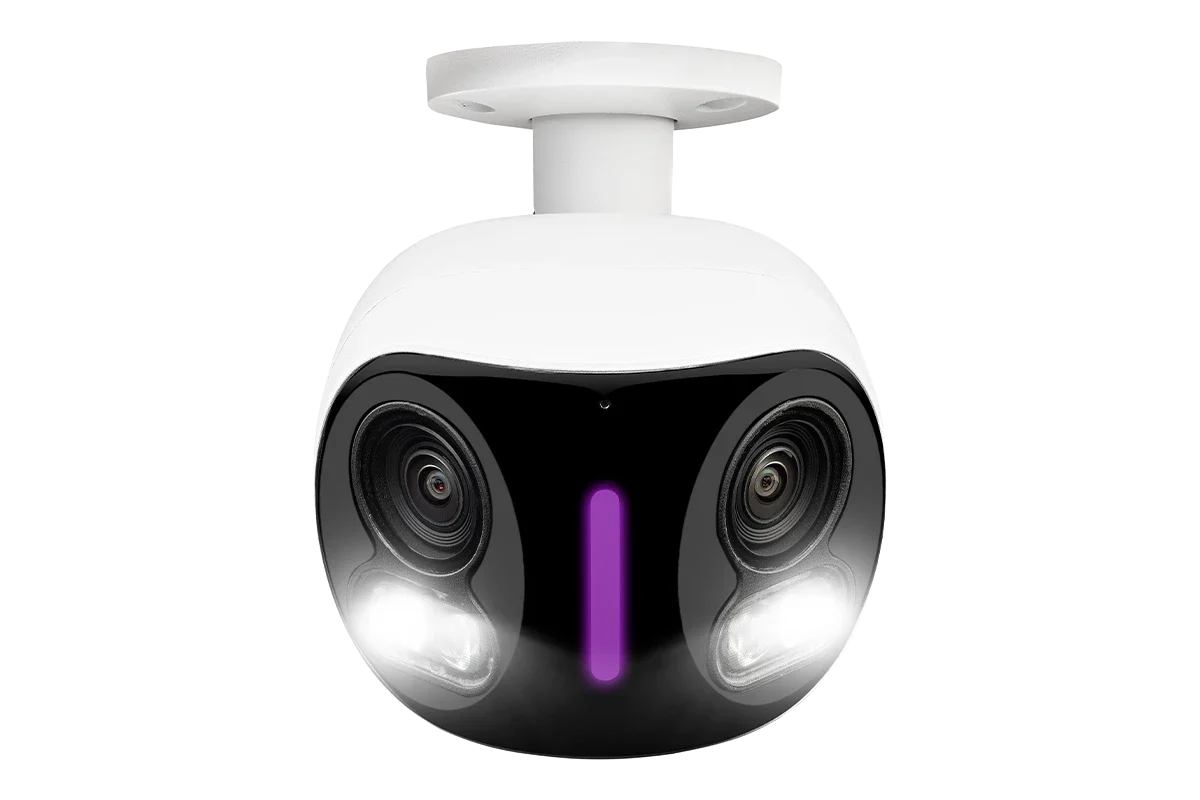Introduction to the Importance of Risk Management in Healthcare
In today’s fast-paced and complex healthcare environment, ensuring patient safety, regulatory compliance, and operational efficiency is more critical than ever. The adoption of Risk management software for healthcare has emerged as a transformative solution for organizations seeking to streamline risk identification, assessment, and mitigation. With the increasing complexity of medical procedures, technological integration, and data management, healthcare providers face challenges that demand a proactive and data-driven approach to risk management. Implementing such software empowers facilities to predict potential issues before they escalate, improve decision-making, and safeguard both patients and the organization’s reputation.
How Risk Management Software Transforms Healthcare Operations
One of the most significant benefits of risk management software is its ability to centralize and organize vast amounts of data. In healthcare, risk factors can arise from numerous sources, including patient care processes, medical equipment, and administrative workflows. This software integrates incident reporting, compliance tracking, and risk analysis into a unified system, reducing the likelihood of errors and enabling timely interventions. By automating data collection and analysis, healthcare teams can identify patterns, track recurring issues, and implement targeted corrective actions without relying on fragmented manual processes. This not only saves time but also significantly reduces operational costs.
Enhancing Patient Safety Through Proactive Risk Identification
Patient safety is at the heart of every healthcare facility’s mission, and risk management software plays a vital role in achieving this goal. By continuously monitoring clinical data, patient feedback, and incident reports, the software provides real-time alerts and risk scoring. This ensures that high-priority issues, such as medication errors or procedural deviations, are addressed promptly. Moreover, the software facilitates transparent communication between departments, ensuring that critical information reaches the right people at the right time. This proactive approach reduces adverse events, improves patient trust, and enhances the overall quality of care.
Ensuring Compliance with Regulatory Standards
Healthcare organizations operate under strict regulatory requirements, and non-compliance can lead to severe legal and financial consequences. Risk management software simplifies compliance management by maintaining up-to-date records, tracking policy adherence, and generating reports tailored to industry standards such as HIPAA, OSHA, and Joint Commission guidelines. This automated compliance tracking eliminates the need for manual record-keeping, minimizing human error while ensuring readiness for audits and inspections. The system also enables quick adaptation to changes in regulations, keeping the organization ahead of potential risks.
Streamlining Incident Reporting and Response
Incident reporting is a critical component of healthcare risk management, but traditional reporting methods are often slow, incomplete, and prone to errors. Risk management software streamlines this process by allowing staff to quickly log incidents from any device, attach relevant documentation, and categorize events accurately. Once submitted, incidents are automatically routed to the appropriate personnel for investigation and follow-up. This accelerates the resolution process, ensures accountability, and helps build a culture of safety within the organization.
Data-Driven Decision Making for Better Outcomes
With healthcare organizations generating massive amounts of data daily, the ability to turn this information into actionable insights is invaluable. Risk management software uses advanced analytics to identify trends, measure performance, and forecast potential risks. Administrators can use these insights to allocate resources more effectively, prioritize high-risk areas, and implement evidence-based policies. Over time, this leads to measurable improvements in patient outcomes, operational efficiency, and cost savings.
Improving Communication and Collaboration Across Departments
Effective risk management requires collaboration between clinical staff, administrators, and compliance teams. The software provides a centralized platform where all stakeholders can access relevant data, share updates, and collaborate on corrective actions. This transparency fosters trust, ensures that everyone is working towards the same safety goals, and minimizes miscommunication that could otherwise lead to preventable incidents.
Future-Proofing Healthcare Organizations with Risk Management Technology
As healthcare continues to evolve with advancements in technology, patient expectations, and regulatory demands, organizations must be prepared to adapt quickly. Risk management software not only addresses current challenges but also positions healthcare providers for long-term success. With scalable features, integration capabilities, and continuous updates, these systems can evolve alongside the organization’s needs. This ensures that healthcare facilities remain resilient, compliant, and capable of delivering exceptional patient care in an ever-changing environment.
Conclusion: A Strategic Investment for the Future of Healthcare
Investing in risk management software is no longer optional—it is a necessity for healthcare organizations aiming to improve safety, efficiency, and compliance. By centralizing data, enhancing patient safety, ensuring regulatory adherence, and fostering collaboration, this technology truly is a game-changer. Facilities that embrace this innovation are better equipped to anticipate and address risks, protect their reputation, and deliver high-quality care. In a sector where lives are at stake, implementing the right software solution is one of the most impactful decisions a healthcare leader can make.
Why Risk Management Software for Healthcare Is a Game-Changer









Leave a Reply